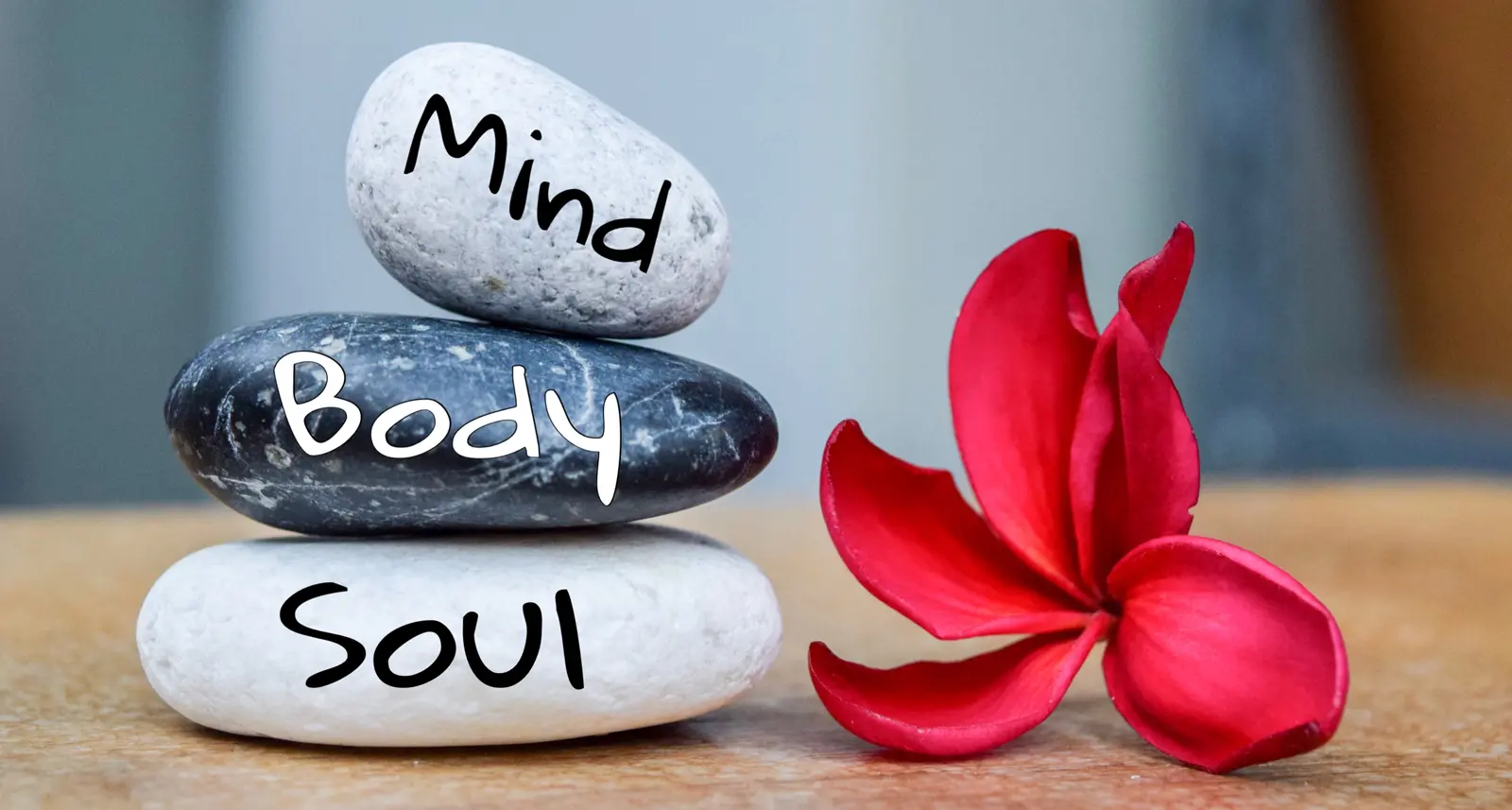Addiction recovery extends beyond stopping substance use; it involves tackling overall wellness—physical, mental, emotional, and even spiritual. Holistic methods integrate these dimensions, aiming to achieve deeper healing and sustained sobriety.
1. What Is Holistic Recovery?
Holistic recovery adopts a multifaceted lens, combining recognized interventions (like counseling and detox) with complementary therapies that nurture all parts of an individual’s life. The premise is that true healing arises when the full person is treated, not just the addiction symptom.
2. Core Elements of Traditional Treatments
- Detoxification: The medical management of withdrawal.
- Therapy and Counseling: Cognitive Behavioral Therapy (CBT) or group discussions.
- Medication-Assisted Treatment (MAT): Aiding withdrawal and craving reduction.
3. Integrating Holistic Strategies
3.1 Mindfulness and Meditation
Regular meditation helps people face cravings and negative emotions without reacting impulsively. This strengthens mental clarity and emotional stability.
3.2 Nutritional Counseling
Substance misuse often goes hand in hand with poor diets. Addressing nutritional gaps rebuilds physical health and promotes emotional balance.
3.3 Exercise and Bodywork
Yoga, running, or even walking release endorphins that boost mood. Massage therapy or acupuncture can relieve tension and support bodily harmony.
3.4 Expressive Outlets
Art, music, or journaling therapies let individuals process pain, anger, or trauma that might otherwise fuel addictive patterns.
4. Benefits of Holistic Recovery
- Comprehensive Healing: Involves body, mind, and emotional resilience.
- Reduced Relapse Risk: By developing multiple coping tools, individuals rely less on substances for stress relief.
- Improved Quality of Life: Healthy eating, exercise, and emotional self-awareness lead to stronger relationships and personal fulfillment.
5. Combining with Conventional Care
Holistic practices typically reinforce, not replace, established medical interventions. As advocated byHollywood Hills Treatment Center, synergy between medication-based therapy and holistic regimens often leads to more robust, enduring outcomes.
6. Sustaining Progress
Post-rehab, continuing holistic practices—like routine exercise or mindfulness sessions—reinforces the tools learned during formal treatment. Support groups focusing on wellness can offer fellowship and accountability.
7. Conclusion
Holistic addiction treatment acknowledges that lasting sobriety hinges on broader life changes—covering nutrition, exercise, emotional processing, and spiritual grounding. By fusing mainstream medical approaches with these diverse supportive therapies, many find renewed strength, coping mechanisms, and a deeper sense of wholeness that cements their recovery journey.



